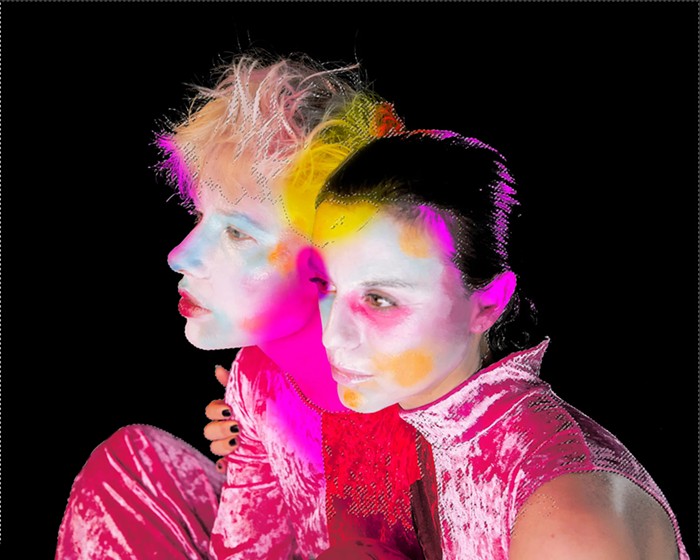
On September 14 in St. Paul, Minnesota, Grant Hart succumbed to cancer. He was 56. In the great post-hardcore band Hüsker Dü, Hart was, roughly speaking, the buoyant Paul McCartney to guitarist/vocalist Bob Mould’s cantankerous John Lennon (except Grant and Bob never collaborated on their songs). Transforming from a blistering, noisy punk attack to a more polished, tuneful style that drew comparisons to the Buzzcocks, Hüsker Dü issued several acclaimed releases for the indie label SST (Metal Circus, Zen Arcade, New Day Rising, Flip Your Wig) and a couple of powerfully emotive LPs for Warner Bros. (Candy Apple Grey and Warehouse: Songs and Stories; the former helped me get through a spell of abject depression in 1986).
At his best, Hart evoked a rugged, Midwestern white-boy soulfulness and deep sensitivity that belied his gruff exterior. His melodic chops were world-class, his ear for earworms unerring. (His drumming—which always seemed secondary to his songwriting prowess—was admirably kinetic and sensitive to Hüsker Dü’s fleet and rough requirements.) Although Mould justly has his champions and an equally large arsenal of classics to his name, Hart penned some of the most memorable Hüsker Dü songs that (sorry) somehow resonate more profoundly with me: “It’s Not Funny Anymore,” “Diane,” “Pink Turns to Blue,” “Turn on the News,” “Never Talking to You Again,” “The Girl Who Lives on Heaven Hill,” “Dead Set on Destruction,” “Sorry Somehow,” “You Can Live at Home,” “She’s a Woman (and Now He Is a Man).” The list could go on for much longer.
Hart’s solo career was less celebrated than Mould’s, but it contained much excellent music. The 1988 single “2541” should be in the upper echelon in the pantheon of breakup songs. Hart’s 1989 debut solo full-length, Intolerance, is an overlooked gem that's ripe for rediscovering. The short-lived '90s band Nova Mob also reflected Hart's deft hook instincts in a punchy rock context. His last solo work, 2013’s The Argument, was an ambitious concept album inspired by William S. Burroughs’s unreleased adaptation of William Blake’s Paradise Lost. Although Hart was in one of rock’s loudest bands, his songs’ timeless beauty enables them to transpose fantastically to acoustic guitar arrangements—a rare feat for a musician coming out of the hardcore tradition.
I met Hart in the green room after Hüsker Dü’s Detroit show at St. Andrew’s Hall during the 1987 Warehouse tour, and he was an engaging conversationalist—warm, funny, generous with his fans, even as he seemed fucked up on either alcohol or drugs… or possibly both; his heroin problem was well-known. We talked for about a half hour and, as illusory as it may have been, we seemed to have formed a strong bond by the end of it.
I last saw Hart perform in 2011 at the old Funhouse, and faced with a meager turnout, he seemed demoralized. Consequently, the show was somewhat lackluster. It was sad and unjust that an artist of Hart’s stature was reduced to such grim circumstances, but he soldiered on like a pro, just him and his electric guitar.
In a Facebook post today, Mould wrote: “Grant Hart was a gifted visual artist, a wonderful story teller, and a frighteningly talented musician. Everyone touched by his spirit will always remember. Godspeed, Grant. I miss you. Be with the angels.” Look out for Numero Group’s Hüsker Dü retrospective boxed set, Savage Young Dü, on November 10.



















